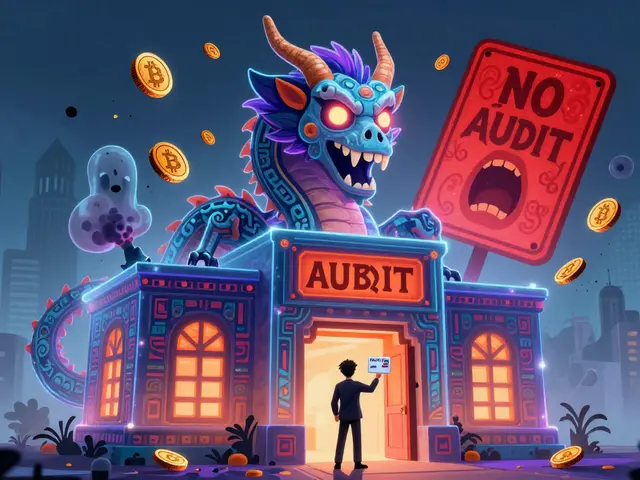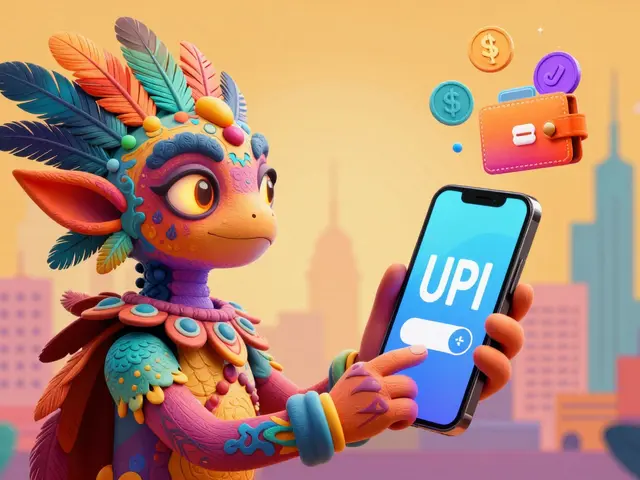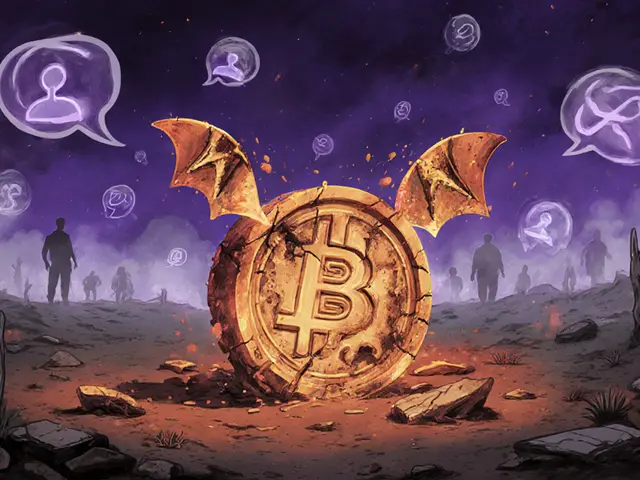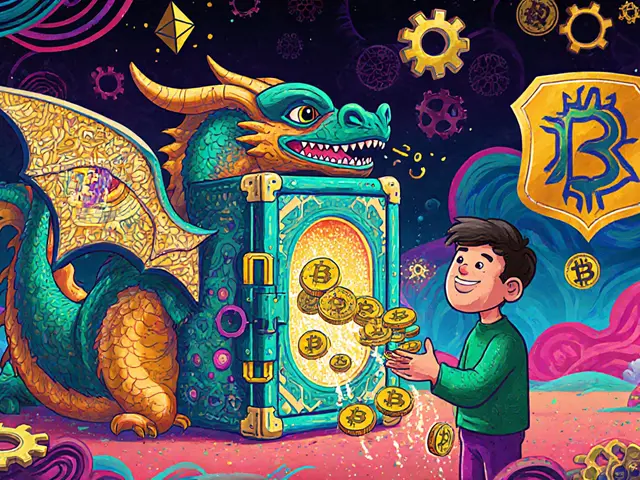Crypto Airdrop Scams: How to Spot and Avoid Fake Token Giveaways
When you hear about a crypto airdrop, a free distribution of cryptocurrency tokens to users who complete simple tasks. Also known as token giveaways, they’re meant to spread awareness for new projects—but too often, they’re just traps. Real airdrops don’t ask for your private key. They don’t require you to send crypto first. And they definitely don’t come from a DM on Twitter from someone claiming to be the CEO of a project you’ve never heard of.
Scammers know people want free money. So they copy real project names, fake official websites, and use bots to make it look like thousands are joining. You’ll see posts saying "Claim your 10,000 $XYZ tokens now!"—but when you click, you’re asked to connect your wallet. That’s it. One click, and your funds are gone. These aren’t just phishing links—they’re crypto scams, fraudulent schemes designed to steal digital assets under false pretenses. Some even fake team members, fake whitepapers, and fake Twitter followers to look legit. A real airdrop has a clear roadmap, a verifiable team, and public blockchain activity—not just a Discord server with 500 ghost accounts.
Look at the projects in this collection: LACE, YAE, PERA, and others. All had airdrop rumors. None had real distributions. That’s not coincidence. These are textbook examples of how scams operate: promise something big, vanish before delivery, and leave you wondering why you ever trusted it. Even projects with real tech, like Automata Network’s ATA airdrop, are targeted—scammers create fake ATA sites that look identical to the real one. The difference? One gives you tokens. The other drains your wallet.
You don’t need to be an expert to avoid these traps. Just remember: if it sounds too good to be true, it is. No project gives away thousands of dollars in free crypto just because you signed up. Real airdrops require work—holding a token, using a dApp, participating in governance. They’re documented on official blogs, not random Telegram channels. And they never ask for your seed phrase.
And don’t forget crypto security, the practices and tools that protect your digital assets from theft and fraud. A hardware wallet, a non-custodial setup, and never clicking unknown links are your best defenses. Even if you don’t chase airdrops, you’ll still face scams. The ones that target wallets, exchanges, and fake customer support chats. This collection shows you what’s real and what’s not—so you don’t become another statistic.
Below, you’ll find real breakdowns of failed airdrops, fake tokens, and projects that vanished overnight. No fluff. No hype. Just facts about what happened, who was behind it, and how to spot the next one before you lose money. Learn from the ones that got away—and make sure you’re not next.










